In 1978 Harvey Milk’s murder portended the decade of death just ahead. Gay liberation was at its peak when the arrival of AIDS knocked it back to square one. Moments before a plague, Milk’s murder now looks like an omen. Yet, when the USS Harvey Milk was christened in 2021, it felt like an institutional acknowledgment had finally been made. Milk was a Navy veteran who’d gone from the closet to City Hall. His murder catalyzed a movement that sustained the gay community through the worst decades of the AIDS crisis.
And now, 17 years later, a creepy Christian nationalist named Pete Hegseth is changing the ship’s name. There is a maritime superstition about renaming boats, dating back to ancient Greek mythology. Ships were titled to pay respect to deities. A change risked provoking Poseidon and any other Gods the original name was meant to honor.
"It is notable that Hegseth, an outspoken Christian nationalist, targeted Milk, who was not only gay but also Jewish. Hegseth is aligned with a wing of the evangelical church that believes in establishing a theocratic Christian government in which Jews would be, at best, second-class citizens, and LGBTQ individuals would lose nearly all of the rights they have won in recent decades.”
Zappa’s not an obvious voice for gay rights, but the man contained multitudes. Politically prescient, musically sophisticated, he zigzagged from silly to vulgar to vicious, all within the course of a song. His contempt wasn’t just for the Fascist Theocracy. Upon hearing his third album, We’re Only In It For The Money, I realized that the person he was eviscerating was… me. Just as Lenny Bruce broke the balls of beatniks, Zappa was ruthless about hippies, though they made up most of his fan base, and most of his band as well. He didn’t pull punches.
Frank was in it for anything but the money, but when he says the opposite of what he means, it’s irony. When Hegseth says the opposite of what he means, it’s Orwell.
Zappa saw through hippies from the get go because he really emerged from L.A.’s earlier ‘freak scene,’ the bridge between the beatniks and the hippies, a blurry transition phase that began around ‘63-’64. The East Coast equivalent was Warhol’s Factory:
Lou Reed:
“There was great openness and availability and people from different strata had access to each other, and there were really no class boundaries or financial boundaries that were really going on then. For a short amount of time everybody was kind of meeting, for one reason or another there was a breakdown of all kinds of barriers which have since been put up again.”
This made for strange bedfellows. Zappa signed with the treacherous manager Herb Cohen, who repped Frank’s hero, Lenny Bruce. The Lovin’ Spoonful’s Jerry Yester remembered: “Herbie was a lot scarier than people would think. They'd think he was a kind of pudgy Jewish guy, but he was absolutely terrifying in conflict. I mean, he had a box of hand grenades in the trunk of his car."
Frank and Herbie launched two labels together, Bizarre and Straight. In Robert Carl Cohen’s freak scene masterpiece Mondo Hollywood, we can see the bizarre and the straight meet in real time, as the class barriers Lou spoke of drop before our eyes:
Herb Cohen was a through line between the beatniks and the hippies. He launched the clubs Cosmo Alley and the Unicorn in the mid-fifties, showcasing folkies like Pete Seeger and Odetta, and comics like Lenny and Lord Buckley. Some saw Herb as a delightful rogue. Most saw him as a scumbag.
There were rumors of gun running for Castro in the early 60’s. Freak scene auteur Rober Carl Cohen (no relation) remembers him as “a New York neo-hoodlum type whose competitors received stones through their windows… who ran up thousands of dollars in debts… prior to fleeing the USA and his creditors for several years."
Herb’s right-hand was a young man named Victor Maimudes, soon to become Dylan’s road manager, known to enemies (and friends) as ‘Victor May-Use-Us.” The scene was not yet all daffodils and mescaline.
Singer Judy Henske:
"Herbie Cohen had booked Lenny Bruce in the Unicorn, which was this big coffeehouse up on the Sunset Strip… It was supposed to be really hip, like it had pictures of nude women, but upside down. Sailors used to come in there on weekends and start fights and stuff. But he booked Lenny Bruce in there. And Lenny Bruce's audience was the hippest, meanest audience that I think was of all time in show business. And Herbie also at that time had the hippest waitresses. They were mean as snakes, these women were. And they had all been married at one time to one famous jazz musician or another who had fallen from grace in one way or another.
So they were extremely hip.”
Unlike Frank, Herb Cohen really was in it for the money. Most of his deals ended in lawsuits. Beefheart summed him up as "a red marble in a can of lard.” Yet - he gave Zappa the freedom to sign a stream of eccentrics. Wild Man Fischer was the schizophrenic godfather of outsider music. Captain Beefheart locked his band in his house for days on end, feeding them nothing but lima beans while rehearsing them to death. These records make up the freak scene canon: Alice Cooper, girl-group(ies) GTO - Girls Together Outrageously, and even a record by Lenny himself.
Which brings us back to 1965 Los Angeles, where Frank and producer Tom Wilson began work on what would become Zappa’s musical mission statement, Freak Out.
In our current cultural moment, the word ‘freak’ has been hijacked by relentless coverage of an oily sex scandal.
“She fled the freak off.” - The New York Times.
I’d like to reclaim the word. There’s been an overall backlash to the unconventional, starting with the dismissal of J.D. Vance as weird. Unfortunately, that was the wrong word. André 3000 is weird. J.D. Vance is creepy. Weirdness is something artists - and queers and deadheads and punks and theater kids - have long aspired to.
When the couch-fucking Vance meme appeared last summer, I was so happy to see him humiliated that I gave up on the word weird. If it kept him out of office, it was a sacrifice I was willing to make. I regret it. So when it comes to freak, I’m taking a stand, with Zappa’s debut as a point of departure.
A double album of blistering, bizarre psychedelia, Freak Out juggles forms and genres at lightning speed. Yet, no matter how biting, strange, or offensive the lyrics were, you could always dance to it. The gatefold album cover opened to reveal Zappa’s trove of influences. Decades before the web, a cultural roadmap like this was a goldmine, a generous gesture to an audience starved for the real.
The resplendent freakiness of The Mothers sprang from the bleakness of the Eisenhower Era. They drew inspiration from black music - doo wop, rhythm & blues - and the ‘brown-eyed soul’ Frank heard during his youth in East L.A. Bands like The Premiers, a Chicano group from nearby San Gabriel:
Zappa merged this low-rider vibe with everything from modern classical to orgasmic audio porn. He assembled 17 musicians - men and women, Black, Native American, Hispanic. A tribe of outsiders of every stripe.
Tom Wilson produced the record, himself a poster child for the unexpected. A black graduate of Havard in 1954, cum laude, this president of the Young Republicans produced the avant-garde jazz of Cecil Taylor and Sun Ra, then recorded a stream of actual masterpieces by Dylan and Simon & Garfunkel.
Wilson’s greatest triumph was wrangling the yin & yang of bi-coastal freak glory, The Mothers and The Velvets. Wilson’s production of the Velvet Underground’s jarring debut was the precursor to the sprawling madness of Zappa and The Mothers.
Freak Out hits because Frank sensed that a spoonful of doo-wop helped the politics go down. His satirical vision was backed by the best band in town.
The Mothers of Invention pushed the boundaries of sex, though mostly leaning hetero, while the Velvets played both sides of the fence. Between Nico’s luminescence, the mystery of Cale, and the boyish deviance of Lou, the Velvets kept it kinky.
Lou and Frank saw each other as rivals, a rift which didn’t heal till after Zappa’s death. Lou was asked to induct him into the Rock & Roll Hall of Fame, an institution both were skeptical of:
“It's very rare in life to know someone who affects things; changes them in a positive way. I've been lucky enough to have known some in my life: Andy Warhol, Doc Pomus. People whose vision and integrity was such that it moved the world a bit. People who, through the articulation of their talents and intelligence, were able to leave things better than they had found them. People who were not only not in it for the money, to paraphrase Frank Zappa. Frank Zappa was such a person and of the many regrets I have in life, not knowing him a lot better is one of them…
I think the induction of Frank Zappa in the Rock and Roll Hall of Fame distinguishes the Hall as well as the inductee.”
Lou Reed
It turns out Frank admired ‘Femme Fatale’ and ‘All Tomorrow’s Parties’ - and the man hated everything. Ultimately, he and Lou were raised on the same 45s. That the freak scene was as polarized as the rest of the country shouldn’t come as a surprise. Today things are as divided within the left and within the right as they are between them.
Václav Havel spoke of Lou and Frank as fundamental inspirations for 1989’s non-violent Velvet Revolution. He hosted performances by both in the Czech Republic. That these radically different bands resonated in synch, far across the globe, is a testimony to the power of the strange.
When ‘freak’ is invoked as invective, it demonizes the different - sexually, ethnically - on every level. But the Eisenhower Era’s over, no matter how much our petty tyrants yearn for it. Or is it?
By 2021 it seemed like a certain kind of LGBT narrative was waning, but suddenly queer tragedy is back with a vengeance. The challenge of this moment is the cognitive dissonance between the anger, and the sadness beneath.
It’s enough to make a person freak.
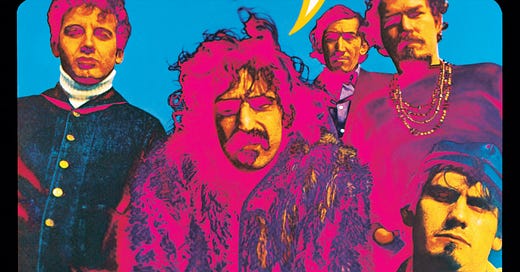


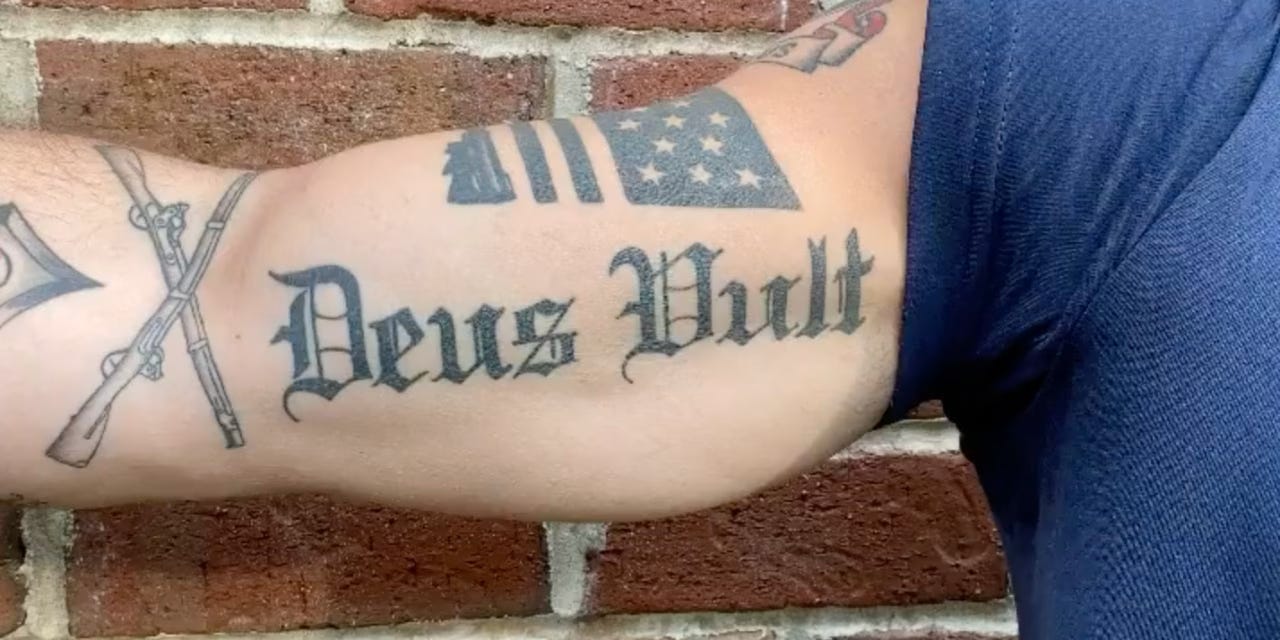
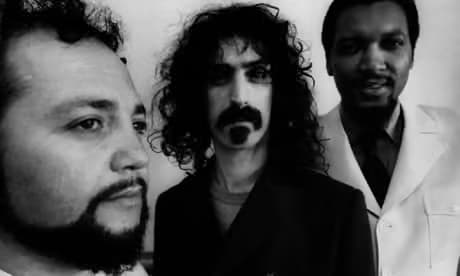
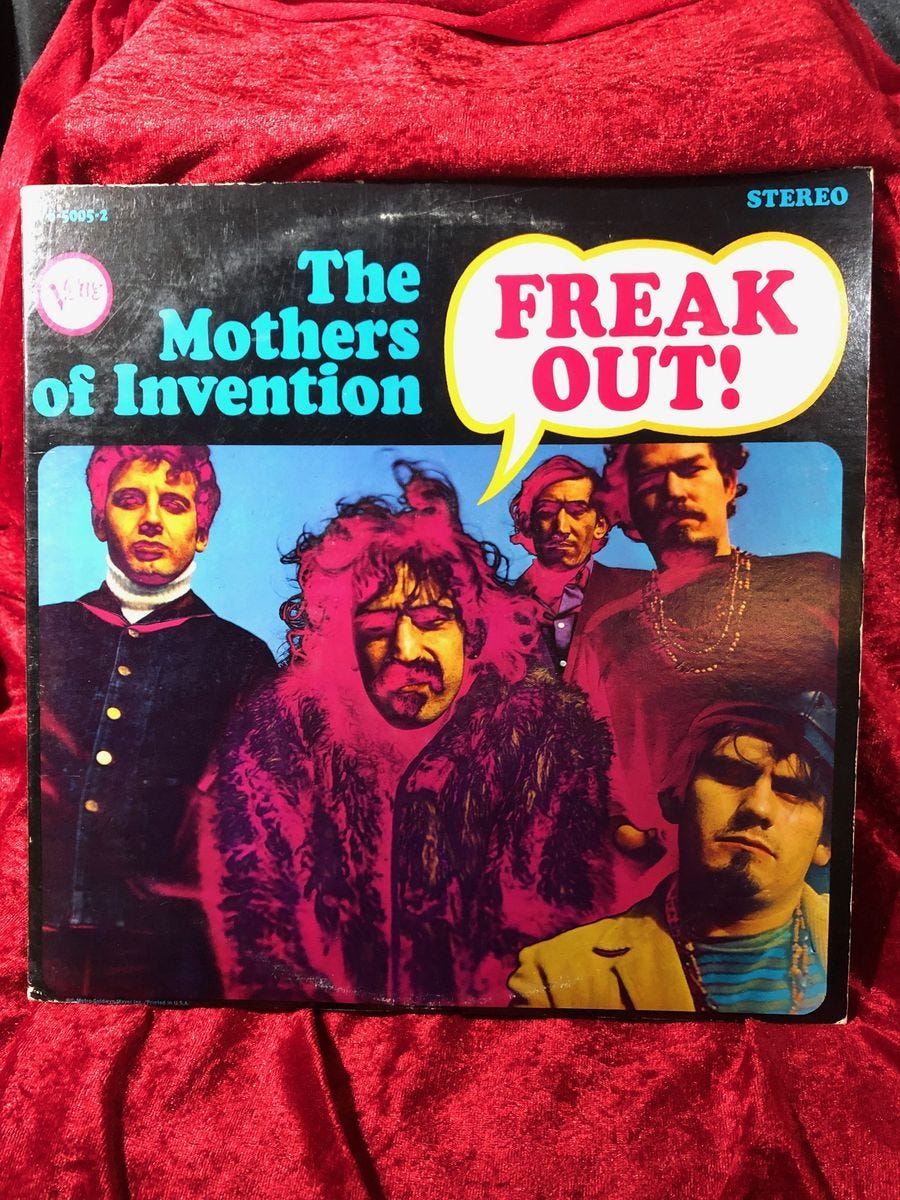
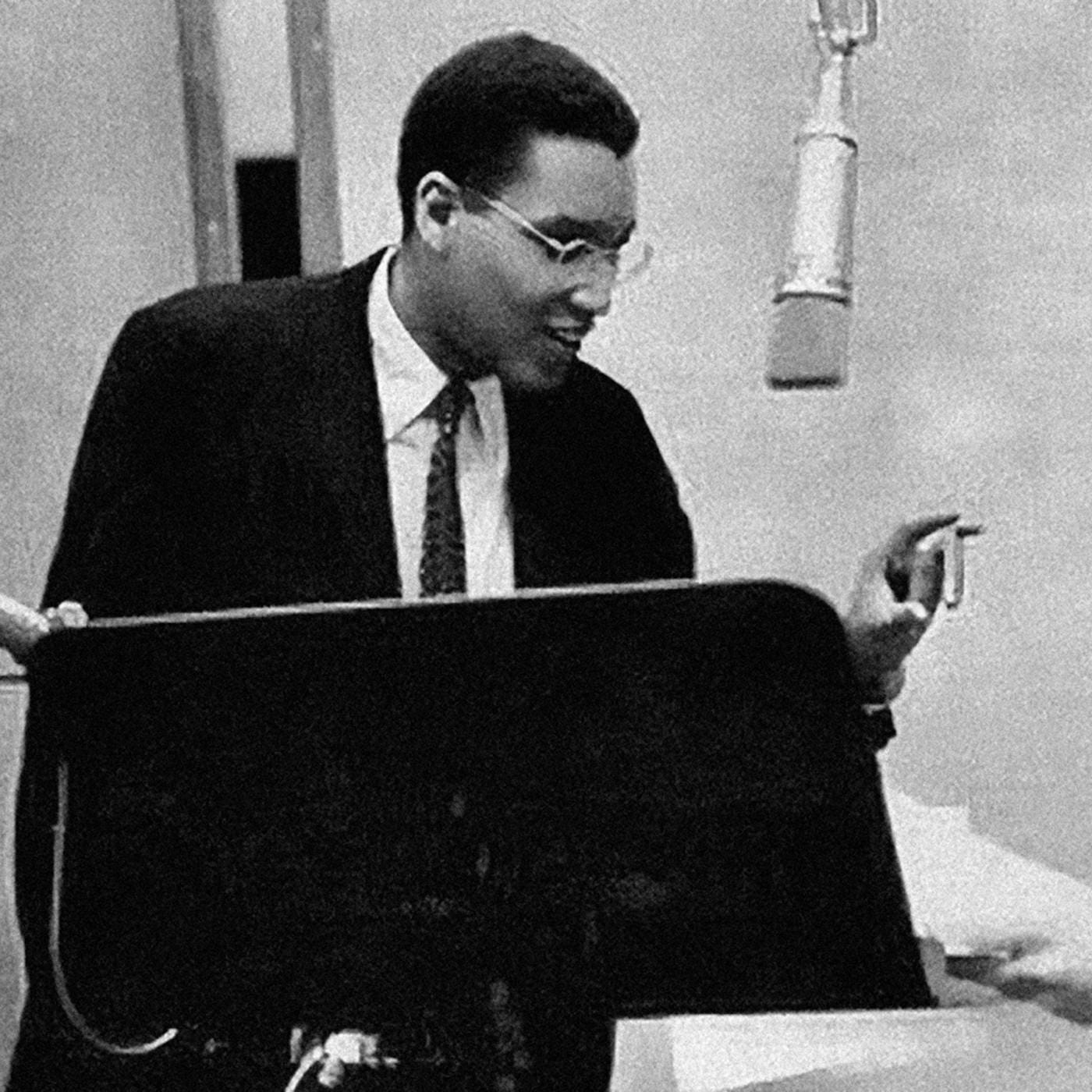
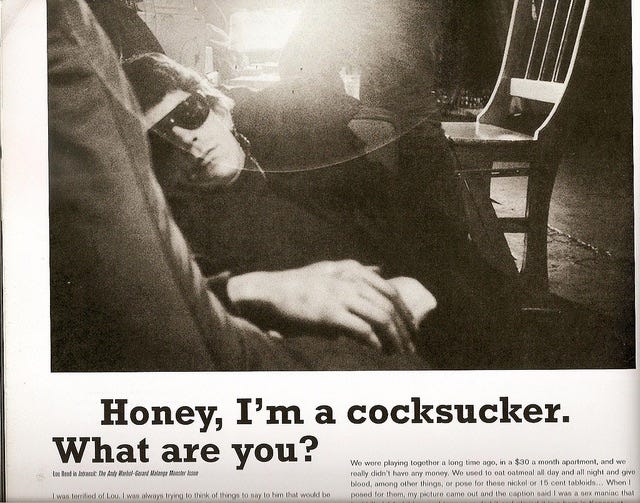
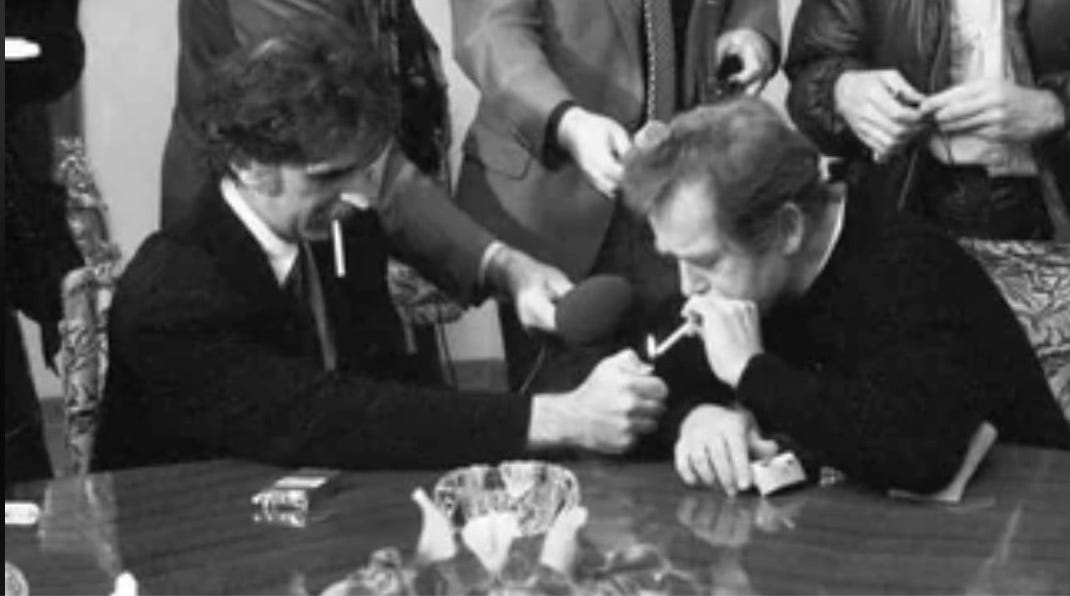
Really glad you’re writing! Thank you. This was a RIDE!
I sure do remember the Mothers and the Velvets. I didn’t have the Mothers album (a friend of mine did) but I had a couple of the Velvets. I was 17 when my parents put me in a psychiatric hospital. My older sister had killed herself a few years before and they were afraid I was going to do the same. I would play my Velvets records over and over and over. Drove some of the other kids on the unit crazy. Needless to say, I survived and now I’m 74. I am old enough that I don’t need to impress anybody or hide my freakiness. I just let my freak flag fly. My life has been quite a ride and I sure am grateful for it. I am glad to have had the Mothers and the Velvets at that time.